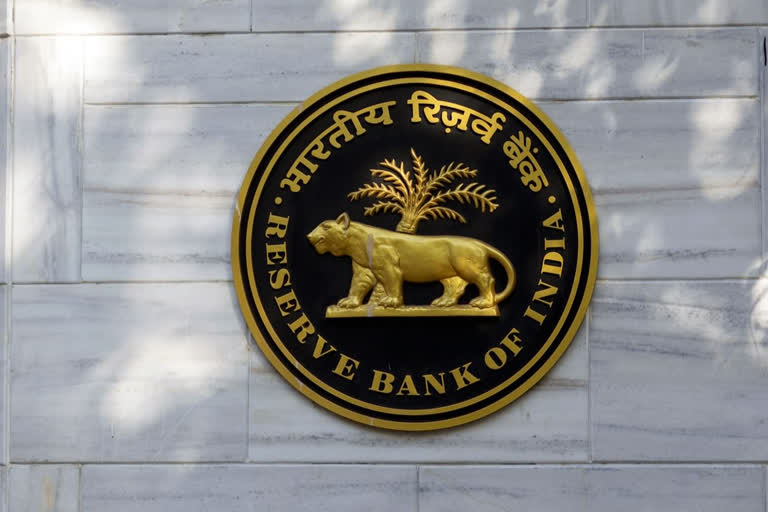Hyderabad: Though the R Gandhi Committee suggested a few years ago that the Reserve Bank of India (RBI) should take initiative to end the scams and reform governance of the Cooperative Banks, the central government has been struggling to take action in the matter.
The country was shocked by the financial scam of Rs 11,614 crores that surfaced last year in the Punjab-Maharashtra Co-operative Bank (PMC) involving the deposits of nine lakh customers from seven states.
The central government recently passed the Banking Regulation (Amendment) Bill in Parliament to restore public confidence in the co-operative banking sector.
The number of depositors in 1482 urban and other 58 multi-state co-operative banks across the country is 8.6 crore.
The total amount invested in co-operative banks is almost five lakh crore rupees.
The finance minister said that the financial condition of 277 urban co-operative banks was weak, 105 banks could not meet the minimum investment target as per regulations and 328 banks had accumulated gross non-performing assets of more than 15 per cent.
The government, which seeks to enhance professionalism in the affairs of co-operative banks, open new avenues to the capital acquisition, improve management and safeguard the interests of depositors, has paved the way for the Reserve Bank to monitor them.
Also Read:Exclusive: RBI not in favour of merging crisis-hit Lakshmi Vilas bank with Govt bank
The Federation of Maharashtra and others have declared that they are satisfied with the Centre's acceptance of co-operative autonomy and equal voting rights of one vote per member.
The optimistic hope that the situation will improve under the supervision of Reserve Bank is proving to be far from reality.
After a year from bringing the crippled and scam-ridden PMC Bank under the supervision of the Reserve Bank, the situation of the depositors worsened and their position was like falling from pan to the fire.
